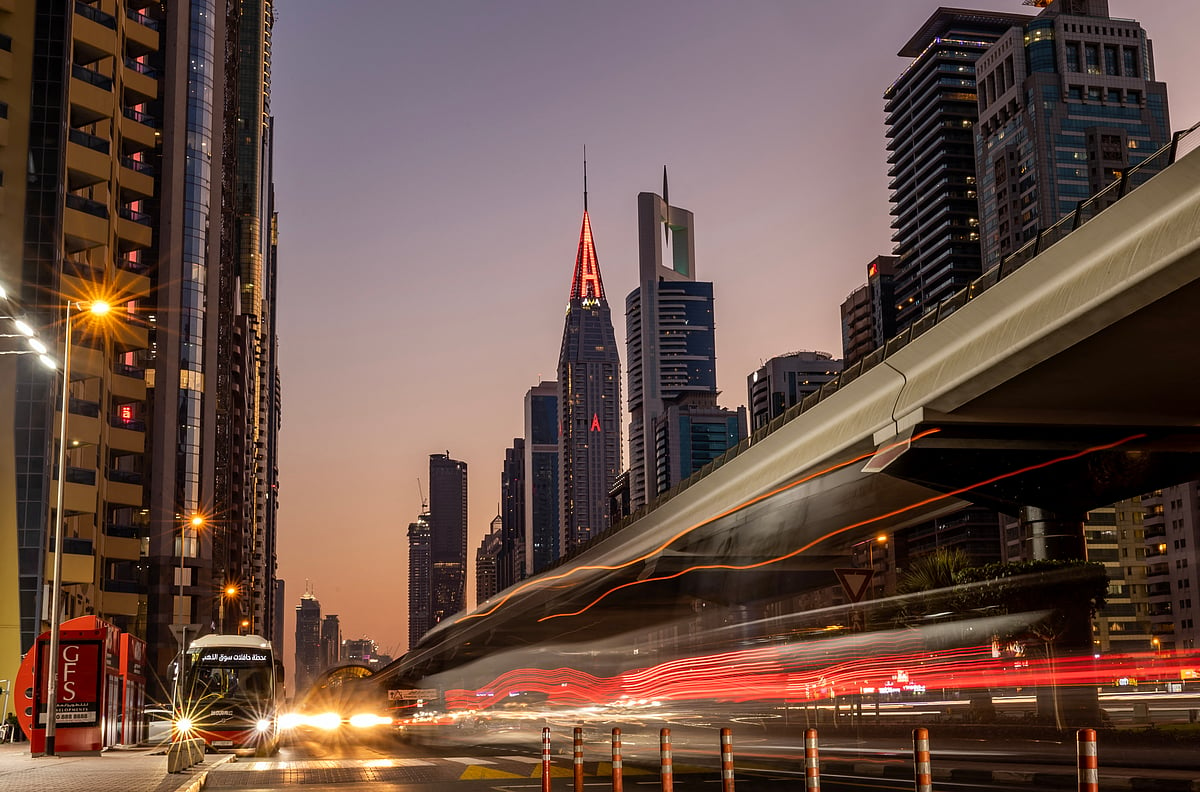Dubai just approved its largest budget ever: 5 key points you need to know
Plan outlines major spending priorities, economic goals, long-term economic direction

Dubai: Dubai has locked in the biggest multi-year budget in its history, setting the financial direction for the emirate from 2026 to 2028. The plan outlines major spending priorities, ambitious economic goals, and a commitment to long-term fiscal discipline.
Here are the key numbers defining how the next phase of Dubai’s growth will be financed:
1. Historic 3-year budget
Record Dh302.7 billion in planned expenditure for 2026–2028.
Projected revenues of Dh329.2 billion, an all-time high.
Expected operating surplus equal to up to 5% of projected 2026 GDP.
These figures mark Dubai’s largest multi-year budget cycle to date and show its scale.
2. Dh100b set aside for 2026
Dh99.5 billion allocated for 2026 spending.
Revenues expected at Dh107.7 billion, including Dh5 billion in general reserves.
Core priorities include health, education, culture, housing, and infrastructure.
3. People-centric spending
28% of spending goes to social development—covering health, education, housing, seniors, retirees, youth, and people of determination.
18% is directed to security, justice, and safety.
48% funds infrastructure, including roads, bridges, tunnels, public transport, parks, renewable energy, and waste management.
6% supports development initiatives focused on performance and innovation.
This distribution shows where the government sees the most immediate impact.
4. Strongest ever finances
Department of Finance forecasts an operating surplus equal to up to 5% of projected 2026 GDP across the budget cycle.
For 2026 alone, the surplus is estimated at 22% of total government revenues.
Strong surpluses indicate resilience against future economic uncertainty.
They also support steady long-term planning across all government sectors.
5. Clear long-term direction
The 2026–2028 cycle aligns directly with the Dubai Economic Agenda D33 and the Dubai Plan 2033, both of which prioritise long-term economic expansion and sectoral competitiveness.
The government describes the cycle as supporting a shift toward knowledge-driven and innovation-led growth, with emphasis on the digital economy and future-focused sectors.
Leadership highlights that the cycle is designed to expand opportunities for local entrepreneurship, creating a high-growth environment across key economic sectors.
The fiscal approach aims to enhance Dubai’s appeal to global investors and innovators, supporting the emirate’s position as a destination for advanced industries and high-value economic activity.
The three-year framework also aims to reinforce economic stability through prudent fiscal policies, supporting sustainable growth while maintaining competitiveness.
Sign up for the Daily Briefing
Get the latest news and updates straight to your inbox
Network Links
GN StoreDownload our app
© Al Nisr Publishing LLC 2026. All rights reserved.
